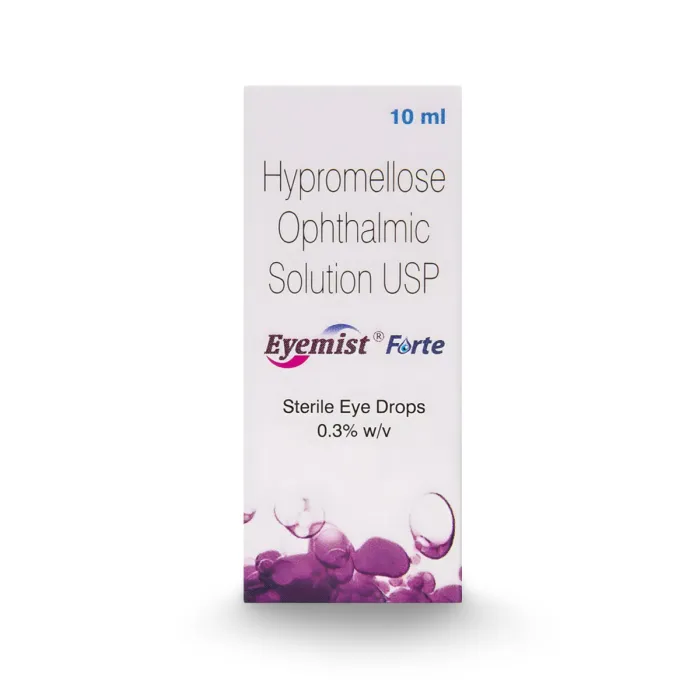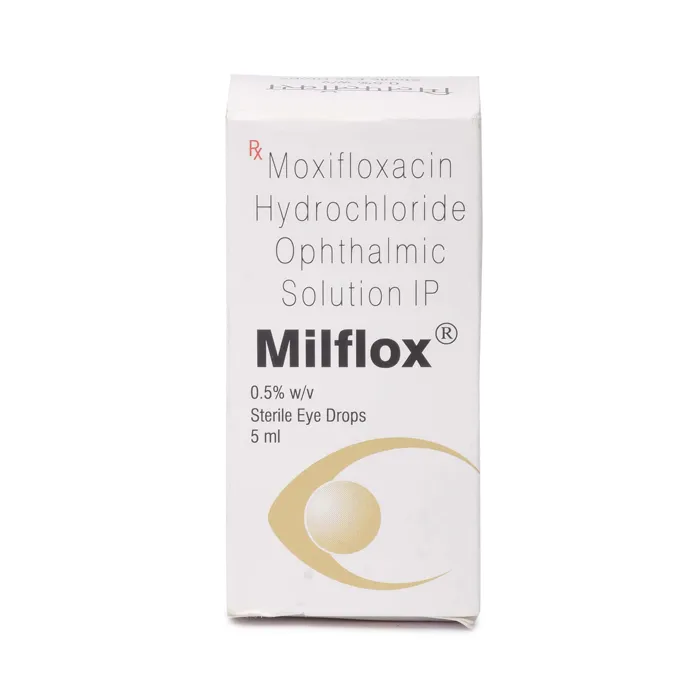Pink eye is a common and uncomfortable eye condition that can cause redness, itching, and discharge.
While many cases of pink eye resolve independently, over-the-counter (OTC) pink eye medicine can help alleviate symptoms and provide relief.
Viral or bacterial infections, allergies, or irritants typically cause pink eye. It can be highly contagious, so prompt treatment and good hygiene practices are essential to prevent its spread.
Over the counter pink eye medicine can be a convenient and cost-effective option for managing this condition.
This article will discuss the type of OTC pink eye medicine available and their effectiveness.
Is Over The Counter Pink Eye Medicine Effective
Pink eyes, also known as Conjunctivitis, is the inflammation of the conjunctiva.
Before we delve into the various OTC pink eye medicines, it’s essential to understand their effectiveness.
Over-the-counter eye drops for pink eye can relieve symptoms but may not cure the underlying cause of pink eye.
Therefore, it’s crucial to consult a healthcare professional, such as an Ophthalmologist or primary care physician, for a proper diagnosis and treatment plan.
Do you know besides OTC meds, there are various prescription-based medications for pink eye?
If you want to explore more about prescription-based medicines for pink eye, read Where to Buy Prescription Eye Drops for Pink Eye: A Complete Guide.
When considering OTC pink eye treatment and medicine, keep the following points in mind:
Symptom relief: OTC eye drops can help relieve common pink eye symptoms such as redness, itching, and discomfort. They can also reduce the severity of discharge.
Moisturization: Many over the counter pink eye medicine contain lubricating agents that can soothe the eye and alleviate dryness in the eyes.
Allergy management: Some over the counter eye drops for pink eye are specifically designed for allergic Conjunctivitis, a type of pink eye caused by allergies or allergens such as pollen and dust.
These products can effectively reduce itching and redness associated with allergic reactions.
Antibacterial or Antiviral properties: While some OTC eye drops may contain ingredients with Antibacterial or Antiviral properties, they may not be sufficient to treat the infection entirely.
Bacterial pink eye can not be treated with Antiviral pink eye medication, and similarly, viral pink eye cannot be treated with antibiotics available for pink eye.
Both condition require specific medication for the treatment.
To learn more about the difference between pink eye caused by bacteria and viruses, read Viral vs Bacterial Pink Eye: How to Know The Difference.
Save up to 90% on your medicine bills

Eyemist Forte 10 ml

Milflox 0.5% 5 ml

Restasis 0.05% Ophthalmic Emulsion

Pred Forte 10 ml
Over The Counter Eye Drops For Pink Eye
Pink eye is a widespread eye infection affecting both adults and children. In the United States, healthcare providers encounter 6 million cases of pink eye annually.
Doctors usually recommend lubricating eye drops, Antihistamine eye drops, decongested eye drops, or combination eye drops based on the specific cause of pink eye.
Now, let’s explore some of the common types of pink eye medicine over the counter and their specific uses.

Lubricating eye drops
Lubricating eye drops, also known as artificial tears, are a widely available OTC treatment for managing pink eye symptoms.
These drops provide moisture and lubricate the eye’s surface, reducing dryness and discomfort.
Lubricating eye drops are suitable for individuals with mild pink eye symptoms or those experiencing factors like wind or smoke.
They are generally safe and can be used as needed throughout the day.
Antihistamine eye drops
Antihistamine eye drops are designed to relieve symptoms of allergic Conjunctivitis, a form of pink eye triggered by allergens such as pollen, pet dander, or dust mites.
Antihistamine eye drops can alleviate itching, redness, and swelling by reducing the histamine response in the eye.
Decongestant eye drops
Decongestant eye drops are formulated to reduce eye redness by constricting blood vessels.
While they can quickly relieve redness, they are not a suitable long-term solution for pink eye.
Prolonged use of decongestant eye drops can lead to rebound redness, where the eyes become even more red when the drops wear off.
Combination eye drops
Some OTC pink eye medicines combine multiple active ingredients to address various symptoms.
For example, a combination product may include Antihistamine for itching and lubricating agents for moisture.
Home remedies
In addition to OTC pink eye medicine, several home remedies can help alleviate pink eye symptoms and promote recovery.
According to studies, home remedies such as tea bags for pink eye, good hygiene, warm compresses, honey for pink eye, and avoiding irritants can help provide relief.
To learn more about home remedies for pink eye, read 5 Must Try Pink Eye Home Remedies.
Conclusion
Over the counter pink eye medicine can be a valuable tool for managing the symptoms of pink eye and providing relief from discomfort.
However, using these products as directed and consulting a healthcare provider for a proper diagnosis and treatment plan is essential, especially if you suspect a bacterial or viral infection.
Many over the counter eye drops for pink eyes, such as Antihistamines, combination and lubricating eye drops, and home remedies, are available to speed up the process of recovery.
Additionally, practicing good hygiene and following preventive measures can help reduce the risk of pink eye and its spread to others.

Frequently Asked Questions
What is pink eye, and what are the common symptoms associated with it?
Pink eye or Conjunctivitis is a common eye condition that affects the eyes. Common symptoms associated with it are redness, itching, and discharge in the eyes. The three significant cause of pink eye are viruses, bacteria, and allergens.
How will you know if you have viral or bacterial pink eye?
The most visible difference between bacterial and viral eye infections is the texture of eye discharge.
A doctor can perform tests to determine the cause and type of pink eye you are experiencing and prescribe the appropriate medication.
Are there any home remedies for pink eye?
No, while some home remedies like warm compresses and good hygiene practices may help reduce symptoms, they are not a substitute for medical treatment.
Do not hesitate to consult a healthcare professional for proper diagnosis and treatment.
Are there any cautions or considerations when using over-the-counter pink eye medicine?
Yes, like any other medication, there is a risk of possible side effects and interaction with other medicines or preexisting medical conditions. If you suspect a side effect or a bacterial or viral cause, consult a doctor immediately.
Can home remedies be used alongside over the counter pink eye medicine?
Yes, home remedies like warm compresses, good hygiene, honey, and tea bags can be used alongside over the counter medicine for pink eye to increase the speed of the healing process.
Cheap Medicine Shop only refers to credible, authoritative sources for our content. If you’re curious about how we ensure the integrity of our content, we encourage you to read our Content Information Policy.














